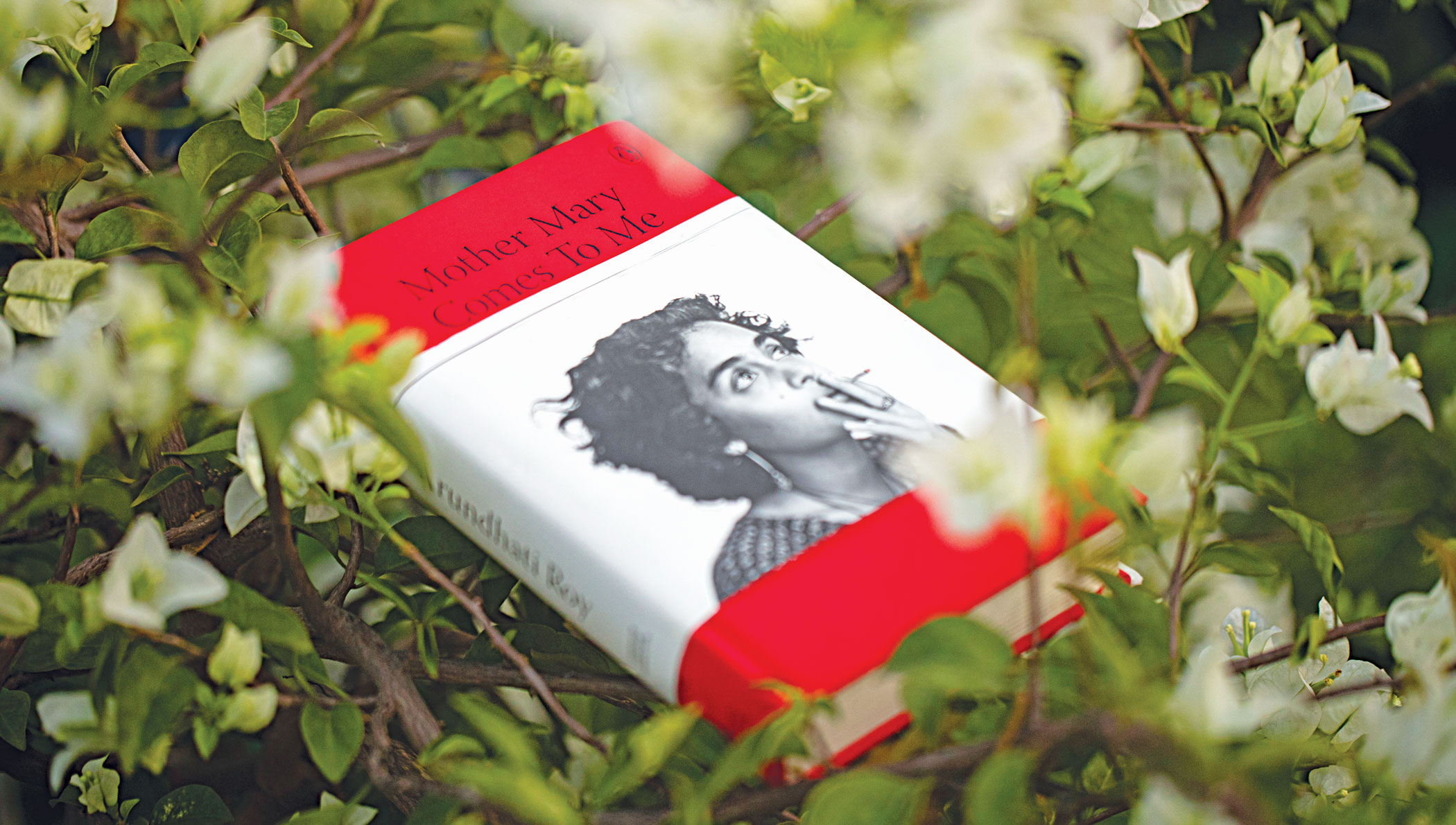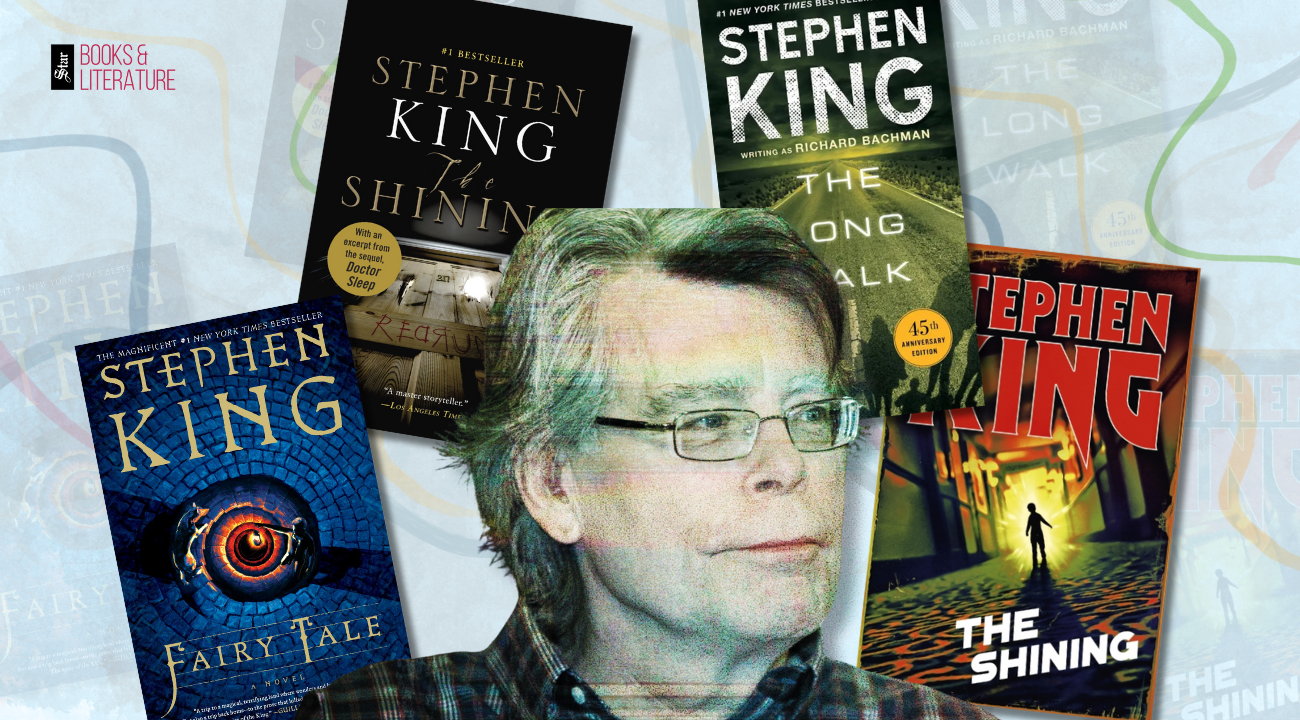Babitz vs. Ephron: The cool girls from the coast

For a very long time, I had been reluctant to dip my toes into the proverbial nonfiction water. I thought of them as too self-indulgent in a way that did not appeal to me, especially when I did not like or know about the person beforehand. The self-described confessional essays at times felt too earnest, like someone had deliberately left their diary open for me to find. Fiction felt more formidable in that regard.
And then one day, I came across that picture of Eve Babitz playing chess with Marcel Duchamp, in the nude.
Of course, it went straight to my "She's So Cool" pinboard, and of course, I didn't know anything about Eve Babitz except that she was the writer who had that infamous feud with Joan Didion. You can't really see Babitz's face in the picture because of her bob, so I needed one more image search to realise this was indeed the same Eve Babitz who made up one half of that Babitz vs. Didion debacle. And turns out, she was also the girl who The Doors' "L.A. Girl" was about, the same girl who wrote for Rolling Stone, designed album covers for bands, dated rock stars, and never married. A patron saint of the effortlessly cool immediately—at least in my book—and I decided I had to give her memoirs a chance.
I grabbed Slow Days, Fast Company (Knopf, 1977) to class every day and ended up pulling myself out of one of the most horrid reader's blocks I'd been experiencing, and then I turned a page and suddenly it was over. In a strange way, I felt like I had finished the book too soon, and now I was just sitting in my room, positively in love with a Los Angeles that existed before even my mother was born.
And Babitz's L.A. is a lot more than the palm trees and partying with movie stars. She can turn a drive to Bakersfield into a tragic love story and make a car crash glamorous. Babitz's voice in these essays is almost intoxicating in a way that makes you have to consciously stop yourself from peeking two paragraphs down because you're so pulled into the story. And the best part: this is a real person.
And I felt like I had to remind myself of that when I finished the book.
She was a woman so steeped in myth she felt untouchable. Her LA is a character in and of itself—a living, breathing organism—and she is such good friends with her that all you can really do is just watch them as they giggle. Then, tucked between the string of anecdotes describing love affairs and hangovers, are pieces of advice that feel like they're being whispered to you by the cooler older sister you never had. She cautions you against an excessive display of kindness in a relationship—that women are not allowed to have everything if it does not involve the happy ending with the prince: "There's no precedent for women getting their own 'everything' and learning that it's not the answer." She says that women want to be loved like roses and haunt their lovers, but men are only haunted by women who are "just like the one who married dear old dad."
And there she was, "...putting my groceries in the back of the car […] all at once not knowing, at the age of twenty-nine, what any of the main givens were: love, money or beauty. To say nothing of truth, of course," and I wonder if that will ring true for me too in four more years. And there's a strange sense of comfort in that—in realising that someone almost 40 years ago could feel the same ache of uncertainty. In an endearing way, it makes my own confusions, as someone also in her 20s, feel less singular and like we're part of the same story: just being 20-something and being alive.
Then came I Remember Nothing (Knopf, 2010) by Nora Ephron, the cool girl from the other coast. I was far more familiar with Ephron, of course, as are most girls my age who grew up with late-afternoon HBO binges of When Harry Met Sally and You've Got Mail. Unlike Babitz, Ephron's New York is a bit bleaker. Lots of clattering typewriters, smoky sidewalks, the D-word (divorce), the O-word (old), a meatloaf named Nora, lots of lists, and how much she hates emails.
Where Babitz is like the intimidating older sister you could only listen to in an obsessed quiet, Ephron feels more like a friend translating my internal monologue into the perfect words. You look at her and nod profusely—she's a lot louder, more poignant, and way funnier than you could ever be.
Ephron's New York isn't all magic. She tells the woman at the employment agency that she'd studied to be a journalist, and she sends her to Newsweek to be a mail girl—handing out envelopes to men who had the same academic credentials, except they were being handed bylines. She talks about the rampant sexism of the '60s, of the men who solely blamed the women for a misspelled politician's name, even though it managed to also avoid the eyes of a plethora of male writers and male copy editors and male senior editors—who also conveniently happened to be the same men quicker to take credit for it when a piece landed well. It was a "different time" indeed.
Ephron's essays are laced with grief, glee, and anger—sometimes all in the same paragraph. She is both endearingly and flippantly self-aware—her brand of cool is honest instead of effortless. She writes about forgetting names and losing hair, and how terrifyingly time can slip away and sneak up on you until it's too late, and suddenly movie tickets can be bought online and friends no longer prefer to be called on the phone.
Ephron gave me permission to mourn the small, strange things about life's passing eras. One of my favorite essays in I Remember Nothing is "Flops", where she talks about failing: "Failure, they say, is a growth experience; you learn from failure. I wish that were true. It seems to me the main thing you learn from a failure is that it's entirely possible you will have another failure." Another favorite is "The O Word", where she talks about aiming low, in case it ends up being the last day of her life: "My idea of a perfect day is a frozen custard at Shake Shack and a walk in the park. (Followed by a Lactaid.)" And something about that is so funny and devastating—a reminder we all have our losses, but there can be small joys in them too. I Remember Nothing felt like being taken by the hand by someone who isn't going to shield you from what's coming but promises you'll at least get a good anecdote out of it.
Both women collapse the distance between author and character—they are their own muses. They turn sex, ambition, heartbreak, and humiliation into literature with their own lives as the backdrop. Both operated in eras that accepted myth and punished vulnerability. The LA art and celebrity scene of the 1970s mythologised Babitz, but she ended up paying for it in privacy, forcing herself into reclusion after a 1997 smoking incident that left third-degree burns on her body. In the patriarchal New York newsrooms of the 1960s and '70s, Ephron had to work 10 times harder to carve out a space for herself. The trade-offs were steep.
And yet here we are, still obsessed with them. The enduring fascination with women like Babitz and Ephron is partly about the lives they lived but mostly about the way they immortalised them in print. Because we still love the "cool girl," it's just that now we pin their images on mood boards and follow along as they describe what they wore last week. Babitz feels like someone I'd stalk on Instagram if it had existed in 1975, clinging onto her detached charisma for inspiration. Ephron, though, feels slightly less untouchable. Maybe in another life, I get to trade emails with her, inhabiting a small corner of the web together.
And finally, because Ephron herself warned against ending on a good kicker in the last paragraph "because it will undoubtedly be cut for space," here's hoping the editor lets me keep it. So in case this doesn't get cut, just pretend this is something very clever and very New York—because if there's anything I learned from these two women, it's that there's nothing cooler than getting the last word.
Arshi Ibsan Radifah is a Literature major who loves unreliable narrators and Wes Anderson movie sets. If she had it her way she would have liked to play bass for a girl band in the 90s, but for now she'll suffice by rewatching Empire Records.



 For all latest news, follow The Daily Star's Google News channel.
For all latest news, follow The Daily Star's Google News channel. 

Comments